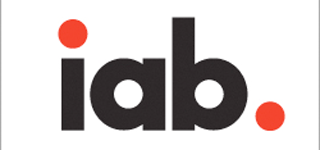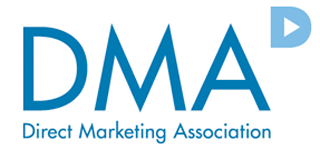
The Interactive Advertising Bureau
The Interactive Advertising Bureau (IAB) is an organization of online advertising businesses. Since its inception in 1996, the IAB has developed guidelines, standards, and best practices for the online advertising…
When the government can restrict commercial speech.
 The words “First Amendment” have become synonymous with “free speech.” But that doesn’t mean the First Amendment gives you the right to say anything, anywhere to anyone. Commercial speech – speech motivated by profit (e.g., advertisements) – enjoys even more limited freedom than you do.
The words “First Amendment” have become synonymous with “free speech.” But that doesn’t mean the First Amendment gives you the right to say anything, anywhere to anyone. Commercial speech – speech motivated by profit (e.g., advertisements) – enjoys even more limited freedom than you do.
There are three situations where the government can restrict commercial speech:
1. When the commercial speech concerns an illegal activity;
2. When the commercial speech is misleading; OR
3. When the government has a really good reason for restricting the commercial speech.
If a certain advertisement falls into one of the three categories above, the government can impose restrictions. BUT…the restriction must be directly related to the government’s interest and cannot go beyond the specific reason for the restriction.
What does all this mean? It means that the government can limit commercial speech, but it can’t impose restrictions just because it feels like it.
For example, in the 1996 case of 44 Liquormart v. Rhode Island, the U.S. Supreme Court decided that the Rhode Island government could not ban liquor companies from advertising the price of alcohol outside of the places where alcohol was sold. The Court felt that the price of alcohol was accurate information and that the public had a right to know it.
And then in 2002, in the case of Thompson v. Western States Medical Center, the U.S. Supreme Court decided that Massachusetts’s ban on outdoor advertising of tobacco within 1,000 feet of schools and playgrounds was too broad of a restriction.
(For those of you who may be disheartened by this news, rest assured that the government is successfully regulating other types of tobacco advertising. Tobacco companies can’t advertise on TV or radio, can’t sponsor sports or music events, and can’t display logos on T-shirts, hats, or other apparel.)
The Interactive Advertising Bureau (IAB) is an organization of online advertising businesses. Since its inception in 1996, the IAB has developed guidelines, standards, and best practices for the online advertising…
There’s lots of strings attached to offers of free products and services.
The Direct Marketing Association (DMA) is a trade group made up of all those pesky companies we have to thank for telemarketing, spam, and junk mail, among others. The group…

